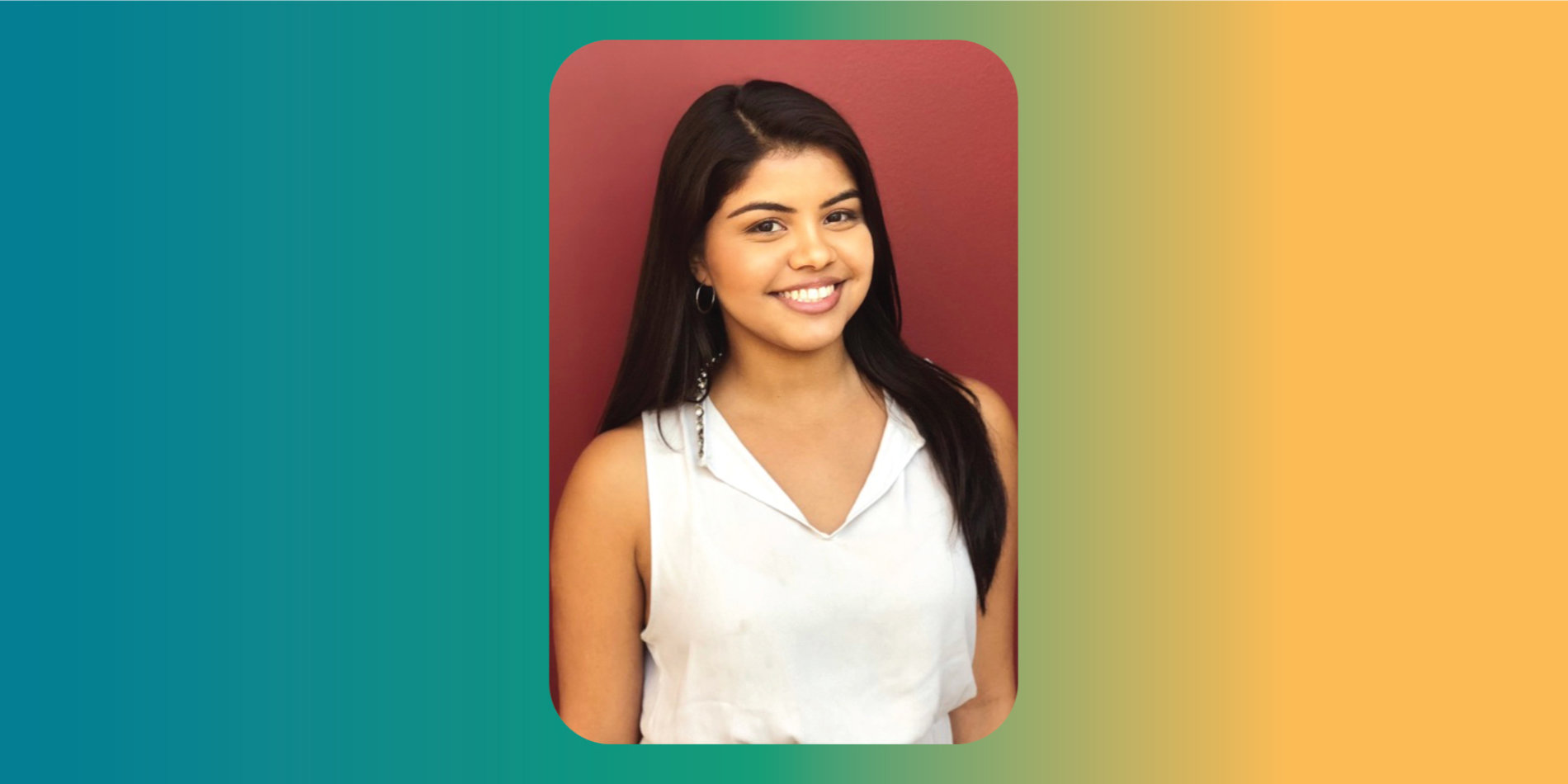Maisy Lam develops software to model two-dimensional transistors
Maisy Lam is a senior at the University of Miami who dreams of someday making wearable or implantable electronic devices with the potential to improve, if not reshape, the way we live.
She has known this about herself since the day her AP Physics class reached the electricity and magnetism portion of the curriculum.
“I was genuinely intrigued by how capacitors and inductor coils worked and how physics governed that behavior,” Lam says.
She enrolled at UMiami to study electrical engineering with the intention to apply her work to “pressing issues” like health care or climate change that could have a tangible impact on society. In pursuit of her dream, Lam took part in the Stanford Undergraduate Research Fellowship (SURF) program. Owing to COVID-19 travel restrictions, she spent two months doing virtual research in the lab of electrical engineering professor Eric Pop under the direct mentorship of doctoral candidate Connor McClellan. Together they developed software to model so-called “two-dimensional,” or 2D, transistors that are made of materials just a few atoms thick.
The research placement was perfect for Lam, who shares Pop’s conviction that 2D transistors will be critical to building small, lightweight electronics — an area of intense study in engineering, so much so that researchers often use computer models to design prototype devices. These models rely on a deep understanding of the physics that she fell in love with in high school. Lam worked with McClellan and Pop to build a more sophisticated understanding of the physics of these atomically thin 2D materials.
“We want to ultimately produce a more realistic modeling tool,” says Lam, who has her sights set on a PhD in electrical engineering and, someday, an MBA. Lam particularly enjoyed the community of learners that SURF fostered through the work, but also through the many expert lectures put together during the summer and in the open and wide-ranging discussions with her lab mates and mentors.
“SURF propels you forward as a researcher,” Lam says. “But it also cultivates your understanding and your ability to contribute to some of the meaningful issues of our time as an active member in a global research community.”
Read about other SURF 2020 students
Learn more about the SURF program



